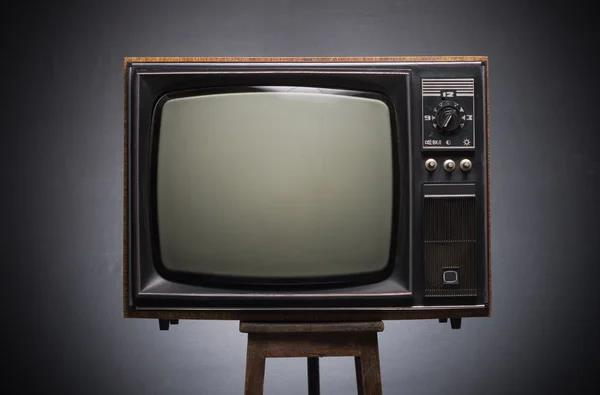
The future is already here it’s just not evenly distributed, said William Gibson. That statement couldn’t feel more accurate when examining the science fiction television landscape of today. While Hollywood continues to produce galaxy-spanning epics, some of the most innovative, emotionally powerful, and visually breathtaking sci-fi storytelling is taking place on the small screen.
These series aren’t padding between movie releases they’re pushing the boundaries of the genre. With the ability to have the time to develop characters, explore complex issues, and build worlds in minute detail, they are likely to create a more rich, satisfying experience than any two-hour spectacle could.
From cerebral time-travel puzzles to space operas thick with political intrigue, below are nine sci-fi shows that prove television can match cinema and sometimes even beat it.

1. Dark: Time Travel With a Human Heart
This German Netflix hit starts off with a missing child but quickly turns into an across-the-generations, mind-bending saga about fate, family, and the endless loops of time. Instead of getting mired in the physics of time travel, it’s more interested in the emotional fallout how secrets, betrayals, and love have repercussions spanning decades.
Its three tightly wound seasons reward attentive viewers, with hints in the early episodes that don’t register until after the last episode. The atmospheric camerawork and unsettling music ratchet up the tension, so it feels like a prestige thriller that lasts for 26 hours. It’s a demonstration of how complexity and emotional weight can flourish in sci-fi.

2. Firefly: The Space Western That Wouldn’t Give Up
Joss Whedon’s short but precious gem meshes the grittiness of a Western with the wonder of space exploration. With Captain Malcolm Reynolds and his ragtag crew on Serenity, it’s survival and allegiance as much as it is shootouts and smuggling runs.
Though Fox cancelled it after only 14 episodes, Firefly became a cult phenomenon, spawning comics, a feature-film adaptation, and dedicated fan base in its wake. The reason is its lived-in ‘verse, snappy dialogue, and moral grayness just the elements that give it a level of depth most summer blockbusters can’t hope for.
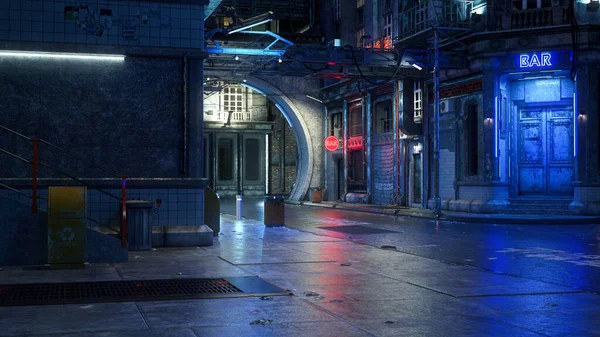
3. Black Mirror: Tech Nightmares That Feel Too Real
Charlie Brooker’s anthology series has been standing a dark mirror against the world since 2011, exploring how technology lets loose our better and worse selves. From the poignant romance of “San Junipero” to the unsettling satire of “USS Callister,” each episode is an independent cautionary tale.
Season 7’s “Eulogy” drew acclaim for Paul Giamatti’s devastating performance, reminding viewers why the show remains culturally vital. Its blend of speculative tech and human vulnerability often lingers longer than any big-screen dystopia.
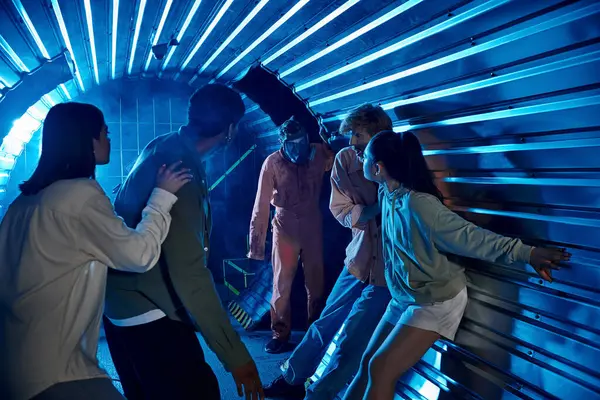
4. Stranger Things: Nostalgia With a Modern Edge
Netflix’s new hit series combines ’80s nostalgia and supernatural horror, mystery, and coming-of-age themes. Hawkins, Indiana teenagers have grown up before our eyes, their love lives and friendships unfolding against battles with monsters from the Upside Down.
Aside from the pop culture references, the series incorporates subplots of feminine liberation and queer rights storylines that would have been in the margins during its time period. With Season 5 arriving in November 2025, viewers are getting ready for an emotional, potentially feature-length finale.

5. Travelers: Time Travel with Humanity
This Canadian series turns the typical time-travel formula on its head by transporting consciousness not bodies into the present, possessing individuals seconds before they die. The mission? Avoid a bleak future forged by mistakes made today.
What makes it stand out is its focus on the human cost of such operations. Agents must contend with the complicated lives they’ve obtained while executing morally questionable operations. It’s moving, suspenseful, and much more personal than most cinematic takes on the concept.
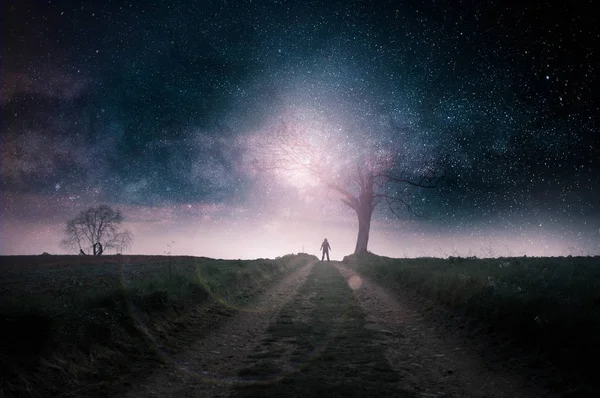
6. Severance: The Office as a Sci-Fi Horror
Apple TV+ Severance takes office satire to horrific extremes. Employees receive a procedure that compartmentalizes their consciousness into an office self and a home self and incarcerates their “innie” in a loop of cubicle life.
Led by Adam Scott, the cast is in depth as the show moves from corporate satire to identity and self-determination exploration. With seven Emmy nominations for season one, it’s as unsettling as it is addictive.
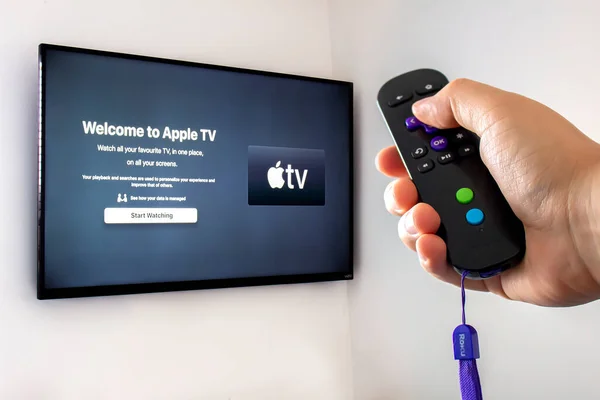
7. Foundation: Asimov’s Epic Reimagined
For a long time, Isaac Asimov’s sweeping saga was thought to be unfilmable. It took Apple TV+, however, to bring it to the screen. Covering centuries, it recounts the struggle to preserve knowledge as an empire collapses across galaxies.
Through the use of advanced CGI and clever narrative sleight of hand, the series brings the philosophical heft and cosmic vision of the source material down to earth yet again, but with no sacrifice of accessibility. It’s the kind of scope-bound, idea-driven science fiction movies barely attempt anymore.

8. Lost in Space: Family Ties in Space
The 2018 redo of the 1965 original trades camp for high-octane action, as it follows the Robinson family’s journey through alien landscapes and interpersonal disputes. It’s a looker, but the emotional center is the family’s resourcefulness and resiliency.
Centered on unity, trust, and sacrifice, it turns a survival story into something that everybody can relate to demonstrating that even in space, the heart of the issue is home.

9. The Expanse: Hard Science Meets High Drama
Based on James S.A. Corey’s novels, The Expanse presents a science-grounded, politically realistic vision of a colonized solar system. Its depiction of Earth, Mars, and the Belt mired in cold war appears alarmingly plausible.
Across six seasons, it balances zero-gravity realism with multifaceted character construction and deep-layered mysteries. It’s a show that satisfied both the space-opera enthusiasts and those wanting authenticity often outdoing the very movies that inspired it.
These programs prove that television’s long-form narrative is able to keep up with, and sometimes surpass, the spectacle of cinema. By giving ideas and characters room to breathe, they offer more textured worlds, sharper themes, and emotional returns that persist long after the credits roll. For science fiction fans, the small screen isn’t just keeping up it’s outrunning.


